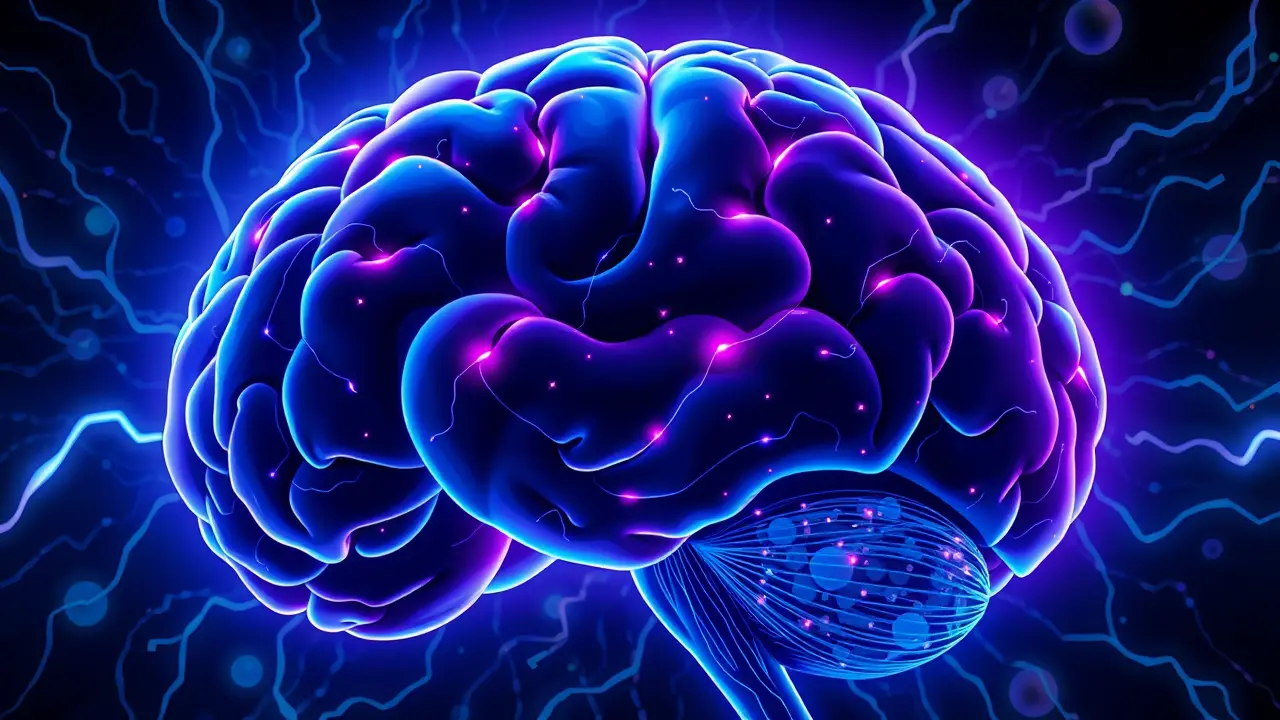
ScienceneuroscienceNeurodegenerative Diseases
Alzheimer’s might be powered by a broken sleep-wake cycle
KE
Kevin White
12 hours ago7 min read
The emerging narrative in Alzheimer's research is undergoing a profound paradigm shift, moving beyond the long-held view of sleep disturbances as mere symptomatic fallout to recognizing them as a potential engine of the disease itself—a revelation that echoes the kind of foundational disruptions we see in CRISPR gene-editing where a single misalignment can cascade into systemic failure. A groundbreaking study from Washington University has illuminated this intricate mechanism, revealing that the brain's master circadian clock is fundamentally broken in critical cell types, specifically microglia and astrocytes, which are the central nervous system's primary housekeepers and immune sentinels.This isn't just about feeling drowsy; it's about a molecular-level desynchronization where the precise timing for the activation and silencing of hundreds of genes is thrown into chaos, effectively scrambling the cellular playbook for daily maintenance and defense. The instigator of this chronobiological meltdown appears to be the insidious accumulation of amyloid plaques, which act like a malicious code corrupting the brain's operating system, forcing these vital support cells into a state of chronic dysregulation.Imagine a city where the waste management and police forces start working random, opposing shifts; debris piles up, threats go unanswered, and the entire infrastructure begins to collapse. This is the cellular reality within an Alzheimer's-afflicted brain.The implications are staggering, suggesting that therapeutic interventions aimed not just at clearing amyloid but at resynchronizing these cellular clocks—perhaps through targeted chronotherapeutics or light-based entrainment—could represent a next-generation frontier in neurology. This research dovetails with other cutting-edge biotech explorations into the body's peripheral clocks, hinting at a complex network of temporal regulation that, when fractured, accelerates pathological decline.For a field often focused on singular villains like tau tangles or amyloid beta, this introduces a dynamic, systems-biology perspective where the very rhythm of life, the 24-hour cycle that governs our biology, becomes both a casualty and a contributor to one of humanity's most formidable medical challenges. The work positions circadian biology not as a secondary concern in neurodegenerative disease but as a central pillar, a core axis of dysfunction that could unlock novel diagnostic windows and preemptive strategies long before significant cognitive decline becomes manifest.
#featured
#Alzheimer's disease
#sleep-wake cycle
#circadian rhythms
#amyloid buildup
#microglia
#astrocytes
#Washington University
Stay Informed. Act Smarter.
Get weekly highlights, major headlines, and expert insights — then put your knowledge to work in our live prediction markets.
Related News
© 2025 Outpoll Service LTD. All rights reserved.
